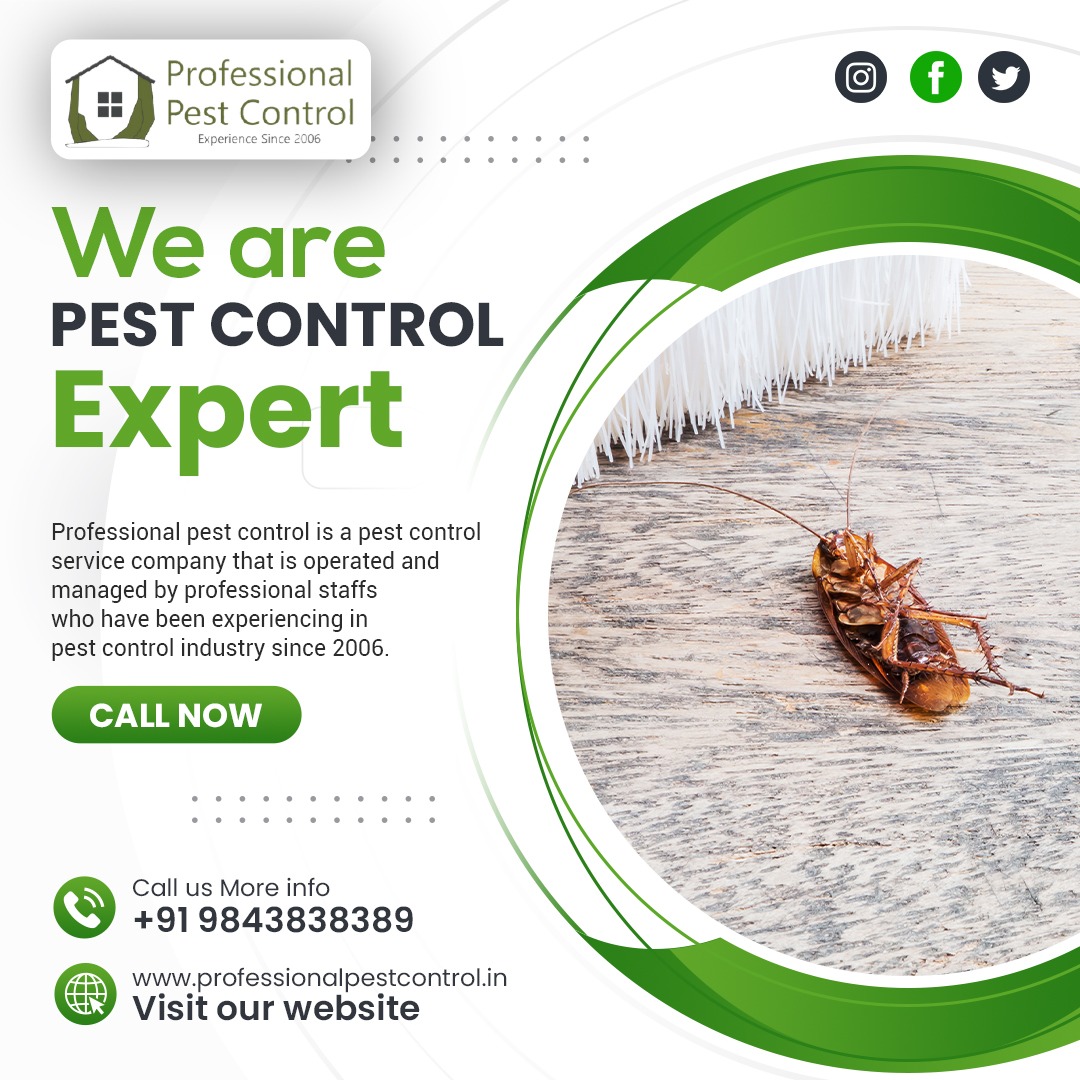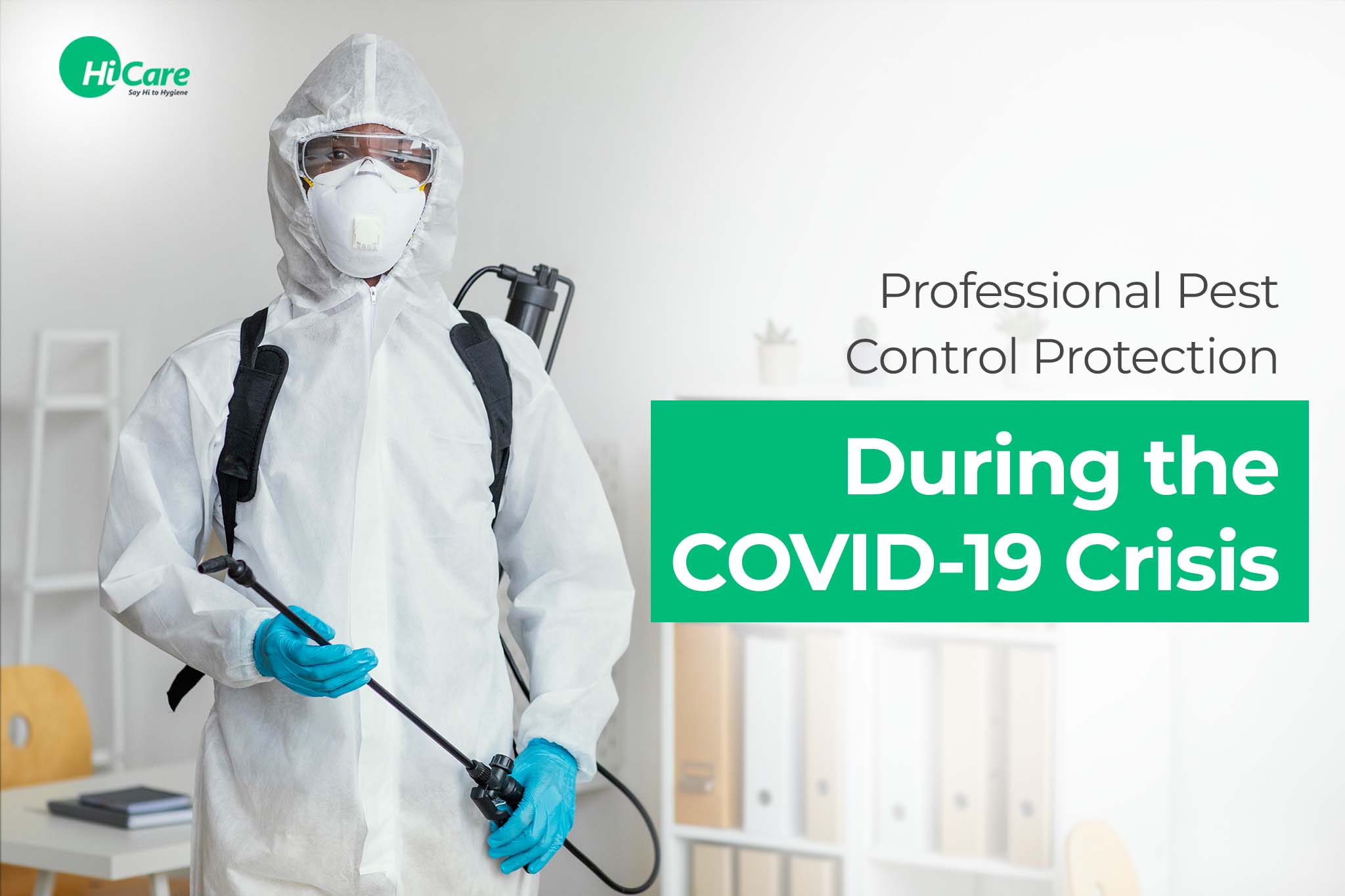Pest Control Clovis: Get Rid of Pests Finally
Pest Control Clovis: Get Rid of Pests Finally
Blog Article
Recognizing the Numerous Approaches to Insect Control: A Comprehensive Guide

All-natural Bug Control Methods
Employing green techniques such as companion planting and biological parasite control is necessary for effectively handling pests in agricultural settings. Companion planting includes growing different plants in proximity to discourage parasites, improve nutrient uptake, and enhance general plant health. As an example, growing marigolds along with tomatoes can assist ward off nematodes. Intercropping maize with vegetables can interfere with the breeding patterns of bugs like corn borers.
Organic bug control includes introducing all-natural killers or pathogens to control pest populations. Ladybugs, as an example, feed upon aphids, controlling their numbers without the need for chemical pesticides. One more example is making use of Bacillus thuringiensis (Bt), a microorganism that targets particular insect bugs while being safe to humans, animals, and helpful insects.
These environment-friendly techniques not only decrease the reliance on artificial pesticides however also help protect biodiversity and soil wellness. By including natural parasite control techniques right into agricultural methods, farmers can attain sustainable insect monitoring while reducing unfavorable influences on the environment.

Chemical Parasite Control Solutions
In addition to all-natural parasite control approaches, the utilization of chemical insect control options plays a significant role in efficiently managing pest populaces in agricultural settings. Chemical parasite control remedies are developed to target details insects that may cause comprehensive damage to crops. These services frequently consist of synthetic pesticides that are created to get rid of parasites promptly and successfully.
Among the vital benefits of chemical bug control options is their efficiency in managing insect invasions on a big scale. Farmers can use these remedies making use of different techniques such as spraying, fumigation, or seed treatment to safeguard their crops from harmful pests, weeds, and conditions. Furthermore, chemical insect control solutions are relatively very easy to apply and can offer quick outcomes, assisting farmers safeguard their returns and lessen economic losses.
However, it is crucial to use chemical bug control options judiciously to decrease prospective adverse effects on the setting, non-target organisms, and human health. Proper application techniques, adherence to safety and security standards, and routine tracking are important to make certain the accountable usage of chemical parasite control solutions in farming practices.
Biological Parasite Control Approaches
Biological insect control approaches take advantage of all-natural killers or virus to take care of parasite populaces in agricultural this hyperlink settings efficiently. One typical biological control method is the introduction of natural opponents, such as ladybugs or parasitic wasps, to target particular insects.
An additional biological control technique includes using virus like infections, fungi, or microorganisms to contaminate and eliminate insects. On the whole, biological insect control strategies offer a lasting and targeted service to pest monitoring in farming.
Integrated Bug Monitoring (IPM)
Integrated Bug Management (IPM) is a comprehensive technique that combines various parasite control techniques to effectively handle and decrease pest populations in agricultural systems. IPM concentrates on long-term prevention of bugs through a combination of organic, social, physical, and chemical control methods. By integrating these various approaches, IPM aims to minimize dependence on chemical pesticides, minimize environmental effect, and advertise lasting pest management methods.
One secret facet of IPM is using biological controls such as natural predators, parasites, and microorganisms to manage pest populations. This method utilizes the power of nature to preserve an equilibrium in between parasites and their all-natural adversaries without causing harm to the environment.
Furthermore, IPM includes cultural methods like crop rotation, habitat, and sanitation manipulation to create unfavorable conditions for pests and disrupt their life process. Physical controls such as composts, traps, and obstacles are also utilized to prevent pest problems.
Physical and mechanical Parasite Control Methods
Using non-chemical methods, such as physical and mechanical bug control methods, is an important element of detailed insect management methods, developing upon the foundation of Integrated Parasite Administration's click site alternative approach. Mechanical bug control includes the use of physical barriers or traps to avoid bugs from accessing and damaging plants or structures. This method can consist of techniques like mounting displays on windows, using row covers in farming, or employing sticky catches to catch pests.
Physical insect control approaches, on the other hand, emphasis on directly removing insects via physical ways. As an example, utilizing warmth treatments to get rid of bed insects or vacuuming up parasites like ants or crawlers can be reliable ways to handle infestations without making use of chemicals. By integrating these mechanical and physical bug control strategies into an Integrated Insect Monitoring plan, people and professionals can lower reliance on pesticides while still properly managing pest populations and decreasing damage.
Verdict

In addition to all-natural bug control methods, the utilization of chemical bug control services plays a significant duty in efficiently taking care of pest populations in farming environments.One of the vital advantages of chemical parasite control services is their effectiveness in managing pest invasions on a huge range.Integrated Insect Administration (IPM) is an extensive approach that incorporates numerous insect control strategies to successfully manage and lessen pest populaces in agricultural systems.Using non-chemical approaches, such as mechanical and physical parasite control techniques, is a critical aspect of detailed pest administration approaches, building upon the foundation of Integrated Bug Management's holistic technique. By incorporating these mechanical and physical parasite control techniques into an Integrated Bug Monitoring plan, individuals and experts can lower reliance on pesticides while still efficiently managing pest populations and lessening damage.
Report this page